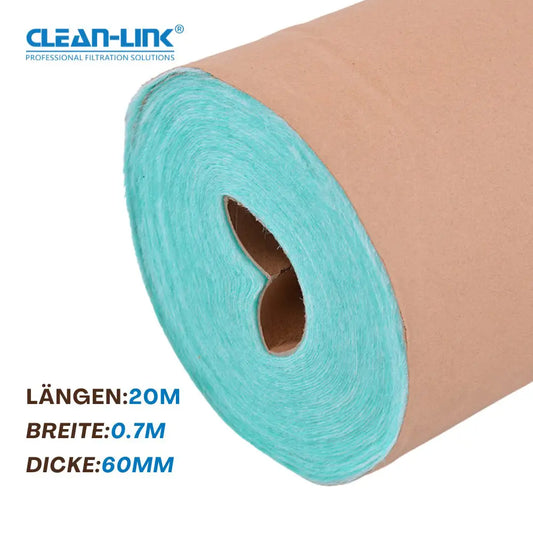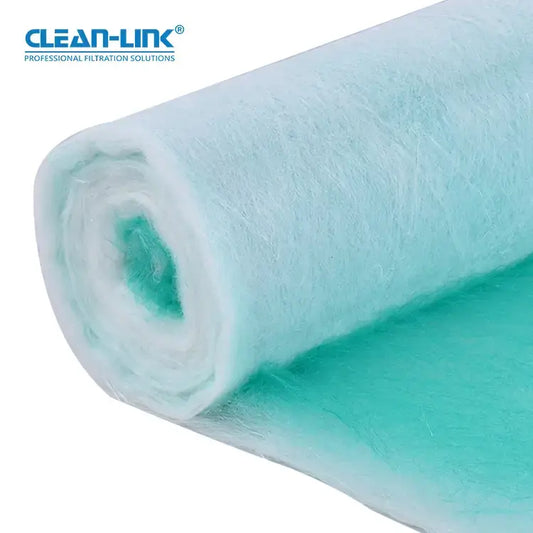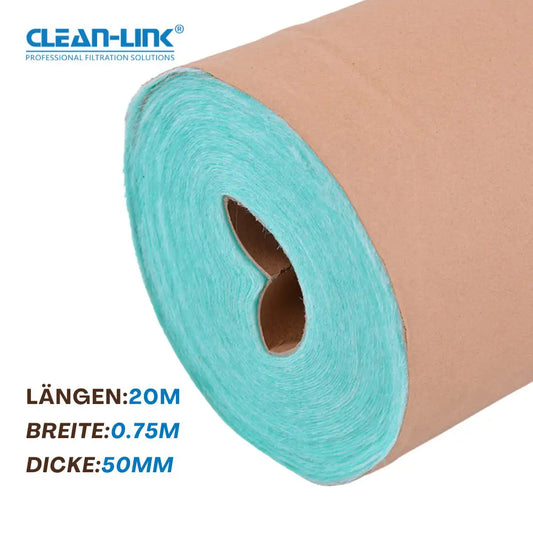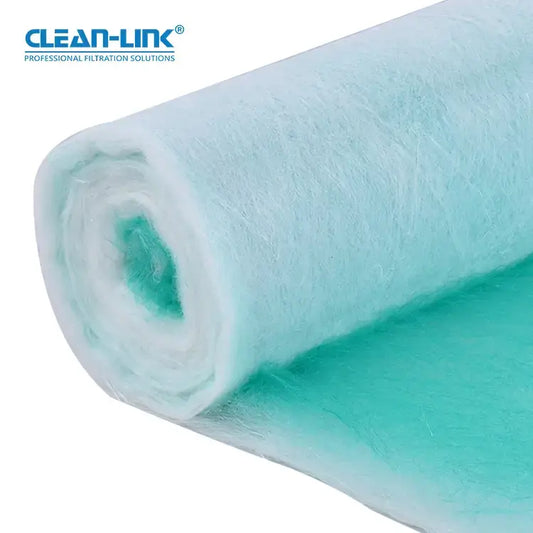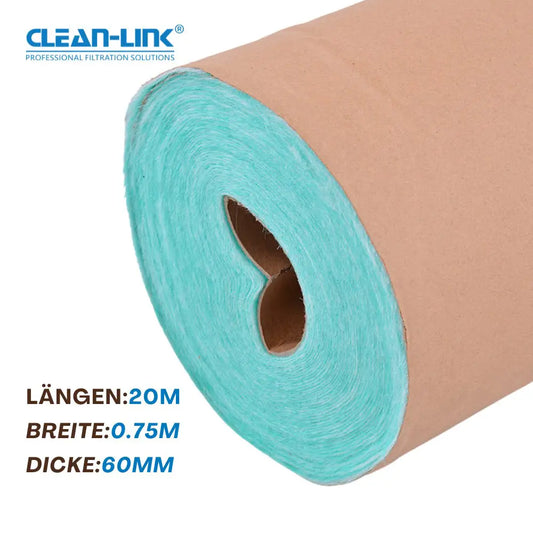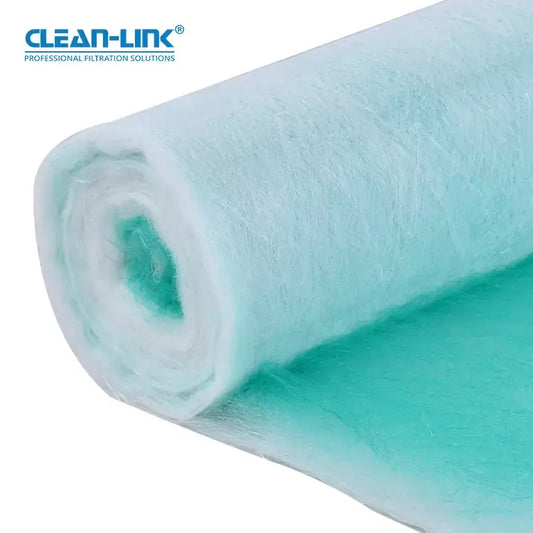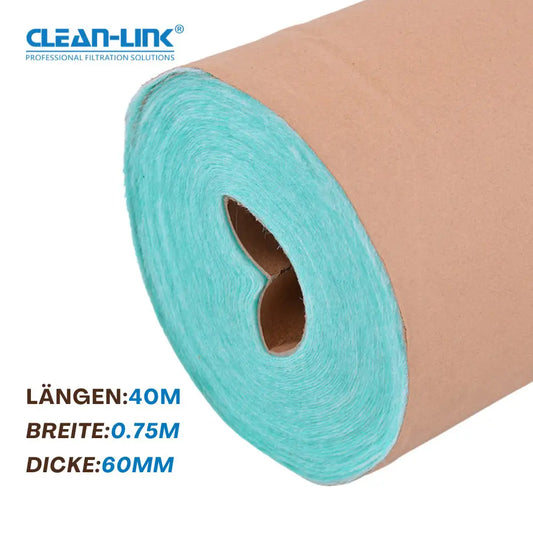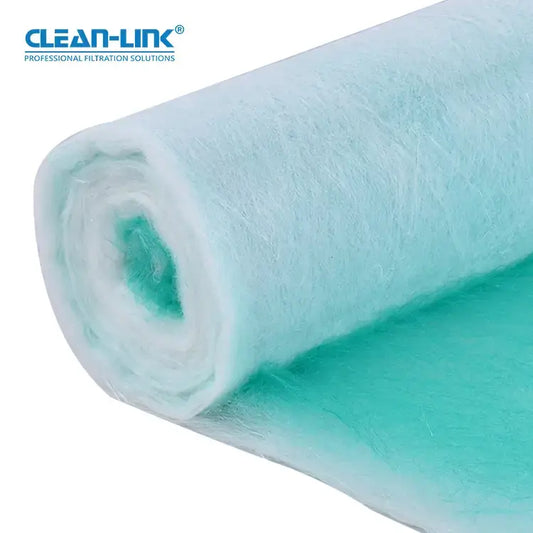In modern society, HVAC systems have become an integral part of buildings, providing us with comfortable indoor environments by regulating temperature, ventilation, and air quality. However, to ensure the proper operation of HVAC systems and clean indoor air, selecting the right filters is crucial. This article will delve into the basics of HVAC systems, the importance of filters, and how to choose the most suitable filter to ensure comfort and health.
HVAC Systems:
HVAC stands for heating, ventilation, and air conditioning. It encompasses various aspects of regulating indoor environments, including heating, cooling, and ensuring proper ventilation. Unlike standalone air conditioning (AC) units, HVAC systems provide comprehensive climate control solutions suitable for residential, commercial, and industrial settings. They come in four main types: split systems, hybrid systems, duct-free systems, and packaged heating and air systems. Split systems are the most common, consisting of both indoor and outdoor components for heating and cooling. Hybrid systems combine traditional furnaces with heat pumps for efficient heating and cooling. Duct-free systems are ideal for spaces without ductwork, while packaged systems integrate heating and cooling components into a single unit.
The Role of HVAC Filters:
HVAC filters are integral components that remove contaminants from indoor air, ensuring cleaner air circulation and protecting system components. Filters with a Minimum Efficiency Reporting Value (MERV) rating of 16 or below are suitable for most residential and commercial settings, while higher MERV-rated filters are recommended for environments requiring stringent air quality standards, such as hospitals and clean rooms. Regular filter replacement every 90 days is essential to prevent system failures, maintain energy efficiency, and preserve indoor air quality.
Understanding Filter Types:
Different types of HVAC filters offer varying levels of filtration efficiency and airflow resistance. Fiberglass filters are cost-effective but primarily capture larger particles and do not significantly improve indoor air quality. Pleated filters offer enhanced filtration for common allergens but may require more frequent replacement. Electrostatic filters utilize self-charging fibers to attract particles without increasing airflow resistance, while HEPA filters provide the highest level of filtration efficiency, capturing even the smallest particles.
Choosing the Right Filter:
Selecting the appropriate HVAC filter involves considering factors such as filtration efficiency, cost, lifespan, and individual requirements. Fiberglass filters may suffice for households without pets or allergies, while pleated filters are suitable for pet owners and those with mild allergies. Electrostatic filters offer better filtration without compromising airflow, while HEPA filters are recommended for individuals with severe allergies or respiratory conditions.
Conclusion:
In conclusion, HVAC systems and filter selection are paramount for maintaining indoor comfort and promoting health. Understanding the nuances of HVAC systems and filter types allows homeowners and businesses to make informed decisions that optimize indoor air quality while preserving system efficiency. By selecting the right filter based on individual needs and environmental requirements, one can create a healthier and more comfortable indoor environment for all occupants.

